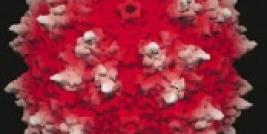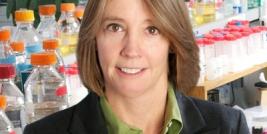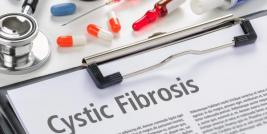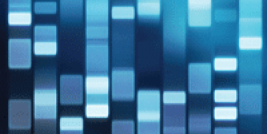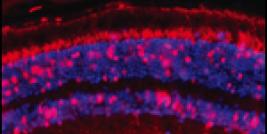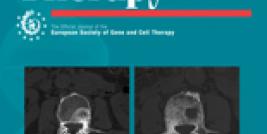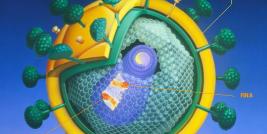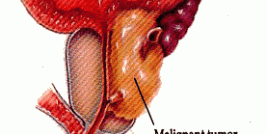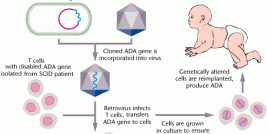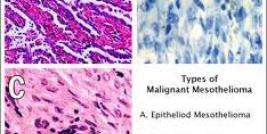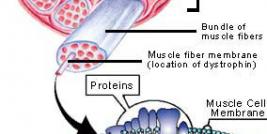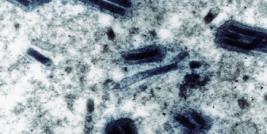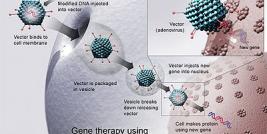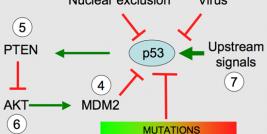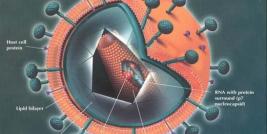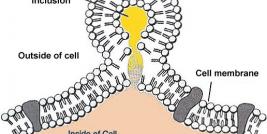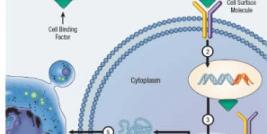Edinburgh, United Kingdom 10th September, 2010. Synpromics announces its incorporation as Scotland’s latest biotech company. The new company aims to focus its activities in the area of synthetic mammalian biology and has acquired a number of patent applications that arose out of inventions by its founder and managing director; Dr Michael Leslie Roberts.
Synpromics’ technology will centre on the development of synthetic promoters for application as research, diagnostic and therapeutic tools. Synthetic promoters are relative short segments of man-made DNA that can specifically control the activity of any gene of interest. Synpromics has developed a method whereby the activity of the gene can be controlled depending on its environment.
Dr Roberts read Biochemistry at the University of Glasgow, where he achieved a first class honours degree. He subsequently studied for his doctorate at Magdalene College in the University of Cambridge, where his interest in the elements controlling gene expression was stimulated. After post-doctoral work at Royal Holloway, University of London, in one of the leading gene therapy groups in Europe and a two-year Marie Curie fellowship in the National Hellenic Research Foundation in Greece, Dr Roberts was appointed head of Research and Development at Regulon Inc, where he was later appointed to the board of directors.
“This is a very exciting time for Synpromics” states Dr. Roberts. “It is the realisation of several years work and we believe we have the potential to change how researchers use gene expression tools. Our technology has more subtle applications in the diagnostics industry and we are currently developing a number of such tools. We would also like to partner with companies developing gene therapies so that we can ultimately see our technology used in the development of safer and more effective gene medicines.”
This technology centres on the exploitation of a cell’s unique gene expression profile, which changes depending on the environmental setting in which the cell resides. Therefore, if a cell is in a diseased state, or if it is infected with a pathogen or treated with a chemical or biological agent then its gene expression profile will change. Likewise, cells derived from different tissues each contain a unique gene expression profile specific to the tissue of origin. Therefore, given that each unique gene expression profile is the result of the balance of the activities of a range of transcription factors and their corresponding cis-regulatory elements, it is possible to design synthetic promoters that can be active only under that specific profile.
Synpromics has acquired the means to create these synthetic promoters and thus control gene expression in a variety of pathological conditions; active in response to infection or treatment; or specific to any tissue in any organism. This has obvious applications in a variety of areas, such as life sciences R&D, diagnostics and in the development of novel gene therapies with higher specific activity.
Synpromics is currently seeking to enter into discussions with interested distributors so that it can establish a network of collaborators with a view to commercially exploit its technology. For more information contact its founder, Dr Michael Roberts at the following email address: info@synpromics.com

